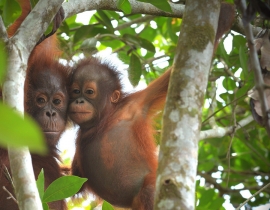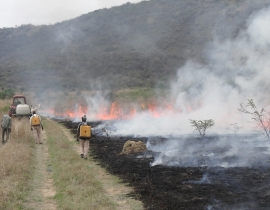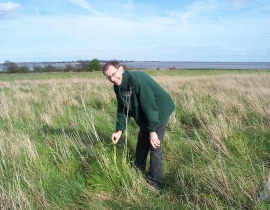Posted November 14, 2016 in All
A new Living Planet Report 2016 published by the WWF, which monitors trends in thousands of species around the globe and measures how the way we live our lives is affecting the environment, shows that overall global vertebrate wildlife populations declined by 58% between 1970 and 2012. This means the population sizes of vertebrate species have, on average, dropped by more than half in little more than 40 years. The data shows an average annual decline of 2 per cent and there is no sign yet that this rate will decrease.
According to the report, if current trends persist, the global populations of mammals, birds, reptiles, fish, and amphibians are on course to decline by an average of 67% by 2020, unless urgent action is taken to reduce humanity’s impact on species and ecosystems.
The Living Planet Report is the world’s most comprehensive survey to date of the health of our planet. It highlights how human activities, including habitat loss and degradation, species overexploitation, pollution, invasive species and disease, coupled with climate change, are pushing species’ populations to the edge as people overpower the planet for the first time in Earth’s history.
Whilst the Living Planet Report 2016 might seem to paint a gloomy picture of the future of life on planet Earth, the WWF insists there is plenty of room for optimism. In the report, WWF highlights recent global agreements that are helping chart a course towards a future in which humanity is prepared to deal with the “dual challenge” of the 21st century, battling for the future of humanity whilst preserving the natural world.
Click here for more information on the report: http://www.wwf.org.uk/sites/default/files/2016-10/LPR_2016_summary_spread%20low%20res.pdf?_ga=1.252073802.291033241.1478597723



